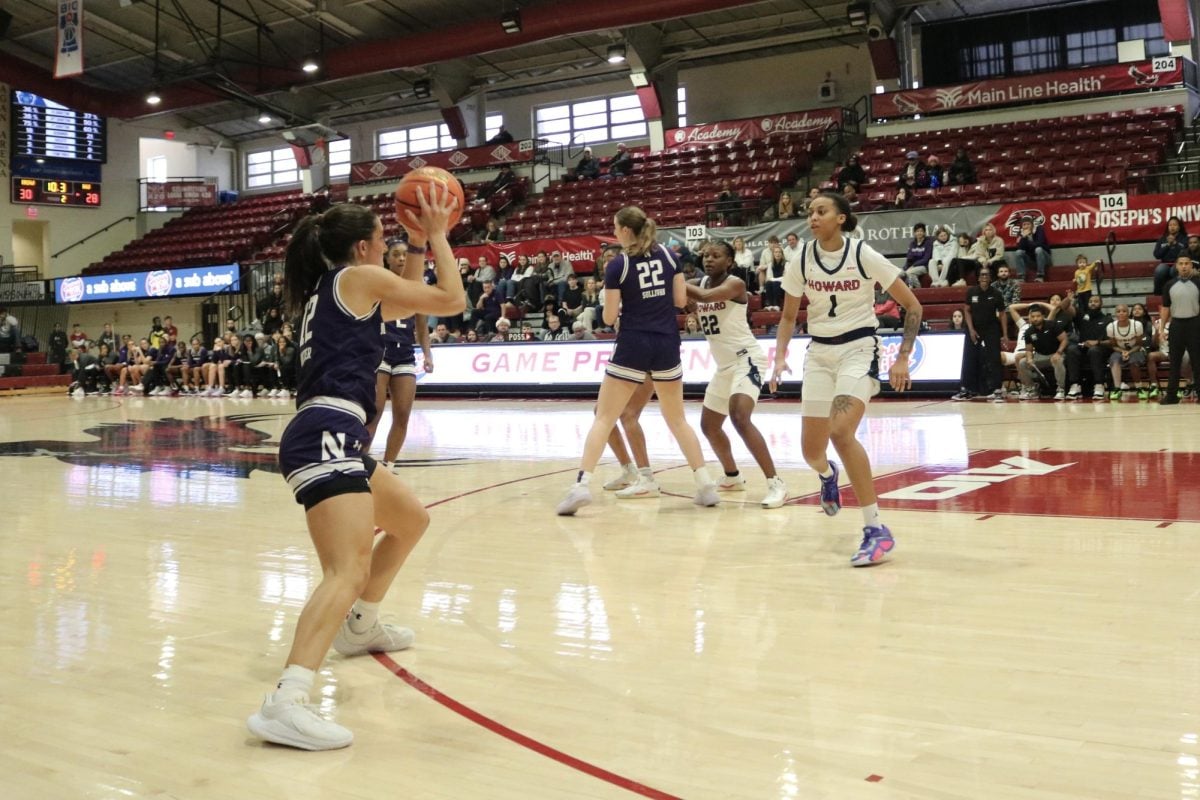Northwestern has agreed to pay the United States nearly $3 million to settle a whistleblower lawsuit involving a former researcher who allegedly misused federal grant money, the U.S. Attorney’s Office announced today.
Four years ago, a former coworker accused Dr. Charles Bennett, a former physician at NU’s Robert H. Lurie Comprehensive Center for Cancer in Chicago, of submitting false reimbursement claims under research grants from the National Institutes of Health. For a seven-year period beginning in 2003, Bennett billed the agency for a host of personal expenses and phony consulting fees, according to federal prosecutors.
“Allowing researchers to use federal grant money to pay for personal travel, hotels, and meals and to hire unqualified friends and relatives as ‘consultants’ violates the public trust and federal law,” acting U.S. Attorney Gary Shapiro said in a news release.
Nearly $500,000 of the $2.93 million that NU owes the federal government will go to Melissa Theis, a former Lurie employee who made the allegations against Bennett in 2009, prosecutors said. Her civil suit, which was unsealed today, sparked an investigation by the U.S. Attorney’s Office, FBI, NIH and U.S. Department of Health and Human Services Office of the Inspector General.
NU did not admit to any wrongdoing in settling the case, according to the U.S. Attorney’s Office. The University must pay the fine within 14 business days.
“The University was nonetheless disappointed to see the allegations in the complaint because they are at odds with the University’s commitment to a culture of compliance in the administration of federal research grants,” NU spokesman Al Cubbage said in a statement. “Northwestern takes its grant administration responsibilities seriously, and fully cooperated with the government’s investigation of these allegations in an effort to demonstrate their inconsistency with its institutional values.”
“The University has elected to settle the case rather than engage in protracted litigation that would divert time and resources from its primary missions of education and research,” Cubbage added.
James Becker, Bennett’s lawyer, said he and his client deny the allegations.
“We regret that the Justice Department has taken the unusual step of naming an individual researcher along with the University,” Becker said in an email to The Daily. “We are actively engaged in discussions to resolve the allegations.”
— Patrick Svitek






